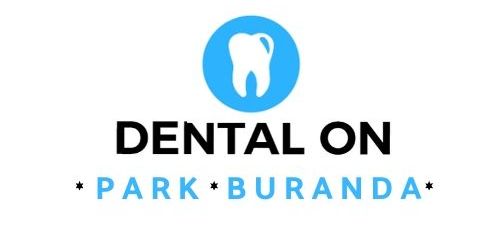Due to hormonal changes during pregnancy it is common to suffer from a form of gum disease known as pregnancy gingivitis.
Pregnant women are particularly prone to periodontal or gum disease due to hormonal changes associated with pregnancy. Research has found that women with periodontal disease may be at higher risk for delivering pre-term, low birth weight (PLBW) infants. What effects can periodontal disease have on my pregnancy?
If you are pregnant, the hormonal changes you are undergoing will make you particularly prone to periodontal disease. And, according to research findings, if you have periodontal disease and you are pregnant, you may be at higher risk of delivering a pre-term low-birth-weight infant, that is, an infant born before the 37th week of pregnancy.
It’s most common in your second trimester and consists of inflamed and bleeding gums. If not treated, pregnancy gingivitis can progress to periodontitis, which will have long-term consequences on your teeth. Untreated periodontitis has been linked to pre term babies with low birth weight.
Pregnancy and gum disease:
The hormones associated with pregnancy can make some women susceptible to gum problems including:
gingivitis (gum inflammation) – this is more likely to occur during the second trimester. Symptoms include swelling of the gums and bleeding, particularly during brushing and flossing between teeth
undiagnosed or untreated periodontal disease – pregnancy may worsen this chronic gum infection, which is caused by untreated gingivitis and can lead to tooth loss. It can show up as gum swellings, know as pregnancy epulis, which may or may not resolve once your baby is born.
During pregnancy, the gum problems that occur are not due to increased plaque, but a worse response to plaque as a result of increased hormone levels.
Tell your dentist about any gum problems that you might have. Switch to a softer toothbrush and brush your teeth regularly, at least twice every day. Use toothpaste that contains fluoride (if you’re not already) to help strengthen your teeth against decay.
If you had gum problems during pregnancy, it is important to get your gums checked by a dentist after you have given birth. While most types of gum problems caused by pregnancy hormones resolve after birth, a small number of women may have developed a deeper level of gum disease that will need treatment to resolve.
So if you are planning for pregnancy, or are pregnant it is essential to have a thorough examination of both your gums as well as your teeth. The reason its important to check your teeth is because bacteria are commonly transferred from your mouth to your infant. So before the birth of your child you should ensure overgrown bacteria due to gingivitis, periodontitis and cavities are all removed.
For More information on pregnancy gingivitis and its effects on your oral health, check out our page: Pregnancy
For a mouthwash to use to help get rid of gingivitis check out the product curasept in our online shop. Please remember this product will not solve the problem on its own. You will still need good oral hygiene which includes brushing, flossing and regular professional cleaning appointments with the dentist!
